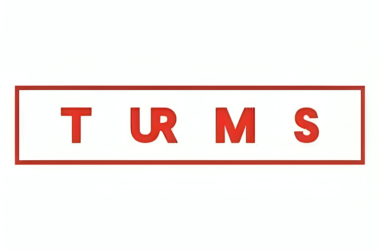Launching a startup is like stepping into a maze, where every turn presents new challenges and opportunities. Among the myriad of critical aspects that demand attention, effective marketing and branding stand tall as the pillars of success. In this article, we’ll explore a roadmap for startups to navigate the marketing maze, utilizing strategies that encompass digital marketing, content marketing, and the art of growth hacking.
Digital Marketing: Harnessing the Power of the Digital Realm
In today’s digital age, startups must harness the power of online platforms to reach their target audience effectively. Digital marketing encompasses a wide spectrum of tools and techniques, including:
- Search Engine Optimization (SEO): Optimizing your website for search engines ensures that your startup appears prominently in search results. It’s the key to organic traffic and visibility.
- Social Media Marketing: Leveraging platforms like Facebook, Instagram, Twitter, and LinkedIn can help you engage with your audience, build brand awareness, and drive conversions.
- Pay-Per-Click (PPC) Advertising: Platforms like Google Ads and Facebook Ads allow startups to create targeted ad campaigns, reaching potential customers with precision.
- Email Marketing: Building and nurturing an email list enables you to maintain ongoing communication with your audience, providing value and promoting your products or services.
- Influencer Marketing: Partnering with influencers in your niche can amplify your brand’s reach and credibility.
- Content Marketing: Crafting valuable, relevant, and engaging content is at the heart of digital marketing. Blog posts, videos, infographics, and podcasts can establish your startup as an industry authority.
Content Marketing: Telling Your Story
Content marketing is more than just creating blog posts or videos; it’s about telling your startup’s unique story and building a connection with your audience. Here’s how to make it work for you:
- Identify Your Target Audience: Understand your ideal customers’ pain points, interests, and needs. Tailor your content to address these.
- Create Valuable Content: Provide information, insights, and solutions that genuinely benefit your audience. Quality matters.
- Consistency Is Key: Establish a content calendar and stick to it. Regular updates keep your audience engaged.
- Promote Your Content: Share your content across social media, email newsletters, and relevant online communities.
- Leverage SEO: Optimize your content for search engines to increase its discoverability.
- Engage with Your Audience: Respond to comments, questions, and feedback. Foster a sense of community.
- Guest Posting: Contribute guest articles to authoritative websites in your niche to expand your reach and credibility.
Growth Hacking: Unconventional Strategies for Rapid Growth
Growth hacking is all about finding creative, unconventional strategies to achieve rapid growth. Here are some tactics to consider:
- Referral Programs: Encourage your existing customers to refer others by offering incentives, discounts, or rewards.
- Viral Marketing: Create content or campaigns that have the potential to go viral, spreading your brand like wildfire.
- Partnerships: Collaborate with complementary businesses to tap into their customer base.
- Product Optimization: Continuously improve your product or service based on user feedback and analytics.
- A/B Testing: Experiment with different strategies, headlines, and visuals to identify what resonates most with your audience.
- Landing Page Optimization: Ensure your landing pages are optimized for conversions, guiding visitors toward desired actions.
- Data-Driven Decisions: Rely on data and analytics to inform your marketing strategies. Monitor key performance indicators (KPIs) closely.
The Path Forward
Every startup’s journey is unique, but a robust marketing and branding strategy is essential for all. By mastering the intricacies of digital marketing, crafting compelling content, and exploring innovative growth hacking tactics, startups can navigate the marketing maze with confidence.
Remember that success may not be immediate, and adjustments may be necessary along the way. The key is persistence and a willingness to learn from both successes and setbacks. With the right strategies and a dash of creativity, your startup can carve out its own path to success in the competitive business landscape.










